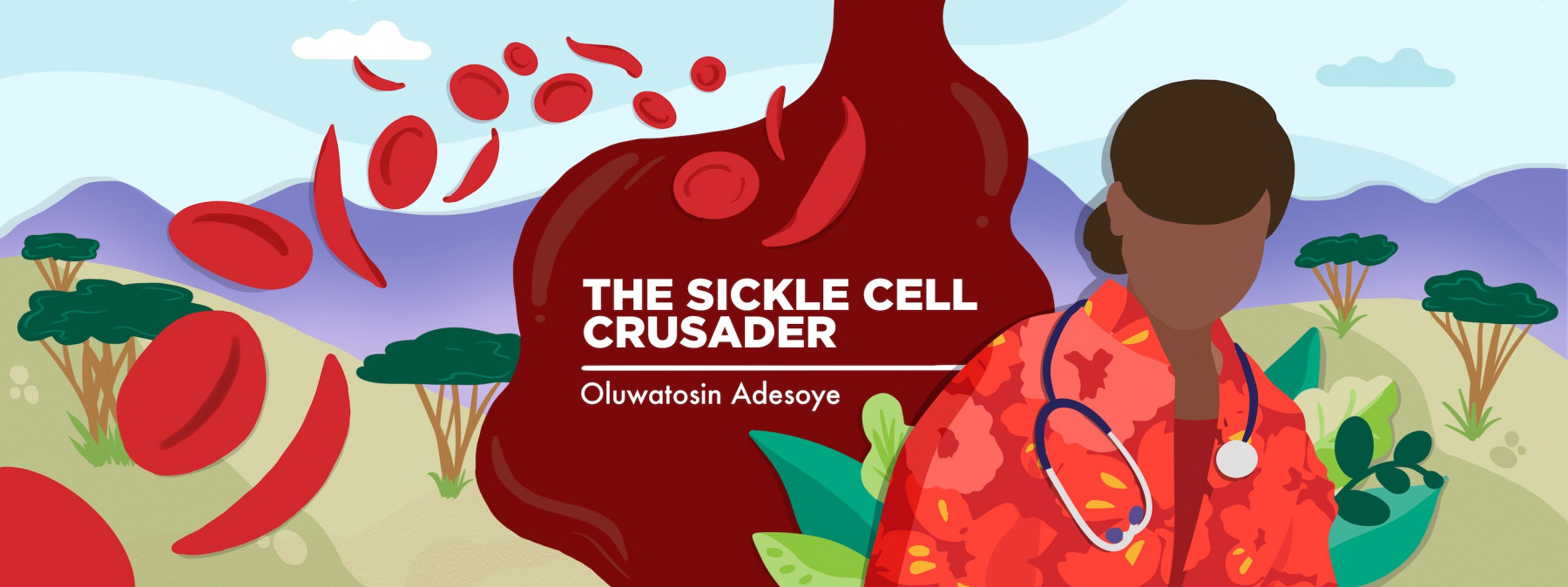Some ways to prevent infections in life with sickle cell disease
Protection is important when the consequences are rough, even fatal
Written by |

I’ve discussed before how infections have been a menace to managing sickle cell disease. I’ve also explained how sickle cell patients are more susceptible to infections because of our compromised immune systems, splenic dysfunction, and sometimes, chronic inflammation. Infections can be both triggers of sickle cell crises and complications of sickle cell disease.
Frequent infections can lead to a variety of serious complications, including severe anemia, organ damage, increased hospitalizations, reduced quality of life, and death. In fact, infections have been called the leading cause of death in sickle cell patients. With proper preventive measures, however, people with sickle cell can significantly reduce their risk of them.
I’ve battled and sometimes been hospitalized as a result of different infections, including those in the upper and lower respiratory tracts, bones, blood, gastrointestinal system, urinary tract, and many more. Living in Nigeria, a malaria-endemic region, has particularly exposed me to frequent malaria infections. In response, I’ve taken various precautions to minimize my rate of infection.
One of the most effective precautions for me is simple: frequent hand-washing. Although it may seem ordinary, washing your hands regularly with soap and water is vital. Here are some occasions when it’s a good practice:
- When hands are dirty
- Before and after cooking or eating
- After using the restroom
- After coughing or sneezing
- After contact with sick people.
Parents and caregivers of children with sickle cell disease must prioritize hand hygiene for themselves and their children. Alcohol-based hand sanitizers can be effective options in the absence of soap and water.
Modifications and medicines I’ve found valuable
Keeping vaccines up to date is also important to prevent infections, as I’ve experienced myself. Children especially should get all recommended vaccines, but adults should also stay current on them, as recommended by healthcare providers. Pneumococcal vaccines are especially important in preventing those infections, which are common in sickle cell patients. Other vaccines, including those for influenza, hepatitis B, and meningitis, are also recommended.
Prophylactic antibiotics have emerged as another effective means of preventing infections and reducing infection-related mortality. Children under the age of 5 are often prescribed prophylactic penicillin to guard against pneumococcal infections. That’s in stark contrast to my own childhood experience before antibiotic prophylaxis was widely recommended; as a result, we saw high rates of infection-related mortality at the time.
Additionally, I prioritize food safety by storing and cooking food properly to prevent gastrointestinal infections and food poisoning. I also avoid buying food from uncertain sources, such as vendors whose hygiene practices are suspect. To avoid waterborne infections, I ensure that I only consume purified water. These habits have been crucial in maintaining my health.
For those living in malaria-endemic regions, such as sub-Saharan Africa, preventing that disease is vital because of its high morbidity and mortality rates. Malaria is transmitted through mosquito bites, so protective measures are essential. I take care of myself by sleeping under insecticide-treated nets, spraying insecticides, using mosquito-repelling ointment, wearing protective clothing, and eliminating stagnant water around my vicinity, as it contributes to mosquito breeding.
Moreover, doctors in Nigeria routinely prescribe prophylactic antimalarial medications to sickle cell patients as prevention.
In addition to the above precautions, I’ve modified my lifestyle to prevent infections and contribute to my overall health. Those measures include the following:
- Maintaining a balanced diet rich in fruits, vegetables, minerals, and antioxidants
- Staying hydrated
- Caring for wounds properly, which is essential since leg ulcers are common complications of sickle cell disease
- Avoiding close contact with sick individuals, or using masks, gloves, and other protective gear when contact is unavoidable.
I’ve found it’s crucial, as a doctor and a patient, to raise awareness about infection risks with sickle cell. Emphasizing prevention and prompt management can significantly improve the quality of life of people living with sickle cell disease and reduce infection-caused morbidity and mortality.
Note: Sickle Cell Disease News is strictly a news and information website about the disease. It does not provide medical advice, diagnosis, or treatment. This content is not intended to be a substitute for professional medical advice, diagnosis, or treatment. Always seek the advice of your physician or other qualified health provider with any questions you may have regarding a medical condition. Never disregard professional medical advice or delay in seeking it because of something you have read on this website. The opinions expressed in this column are not those of Sickle Cell Disease News or its parent company, Bionews, and are intended to spark discussion about issues pertaining to sickle cell disease.







Leave a comment
Fill in the required fields to post. Your email address will not be published.